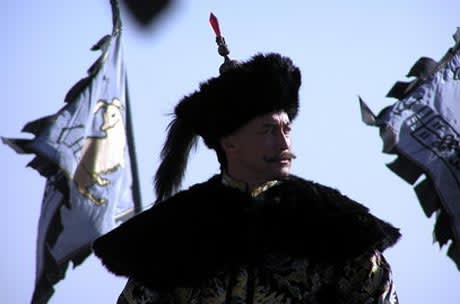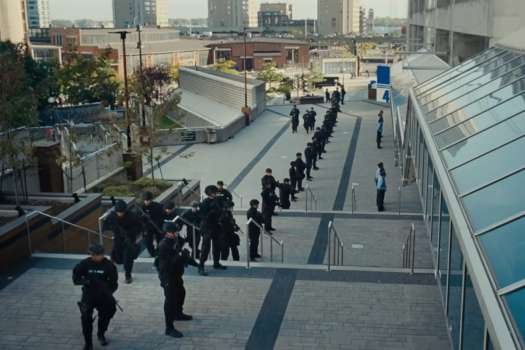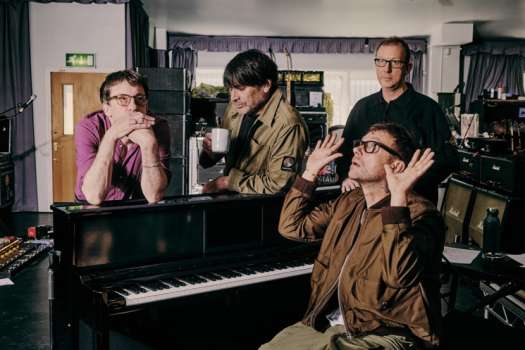Tsui Hark, the director of the Once Upon a Time in China saga, has taken great pains to produce a bloated, schizophrenic telling of classic Japanese novel The Seven Swords of Mount Heaven. The story centres on the defence of a village thats the last bastion for martial artists in a land where the newly ruling Ching Dynasty has outlawed the practice under threat of immediate execution to quell any potential resistance. Early scenes treat us to the vicious slaughter of resisters in elaborately staged confrontations in a city square. The suspension of reality is established in these opening melees there are all manner of vaguely anachronistic weapons employed and an almost complete disregard for gravity. From there, the plot gets fuzzy then shredded to bits with astoundingly choppy editing that defies sequential logic. An old warrior is wounded in a squabble regarding an impending attack and bids a young man and woman from the village to take him to Mount Heaven to enlist the help of seven mythical swords and five legendary warriors. After a blizzard-filled trek, the trio meet a sword smith/sage on the mountaintop who gives each of the young travellers a magical blade. Cut to a fight scene back in the village of five guys kicking ass in hyper-stylised action, each wielding an ornately designed sword with unique properties of lethality. How they arrived, when they agreed to fight for the villagers or who they are barely seem to matter, as does little of the rest of the plot, which is stitched together loosely but given more than enough rope at a nearly three-hour running time to choke all sense of coherency thrice over. The special features, committed to a second disc, are likewise puffed up with Harks self-importance, containing a four-part shooting diary, an interview with Hark, a "making of feature and the expected teaser trailers.
(Seville)Seven Swords
Tsui Hark

BY Scott A. GrayPublished Aug 17, 2007



